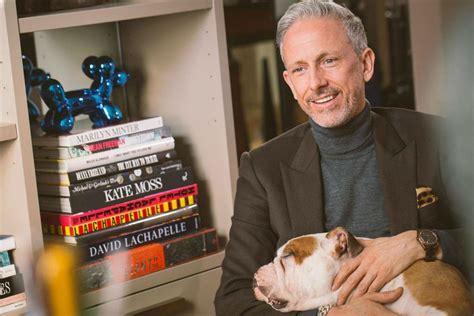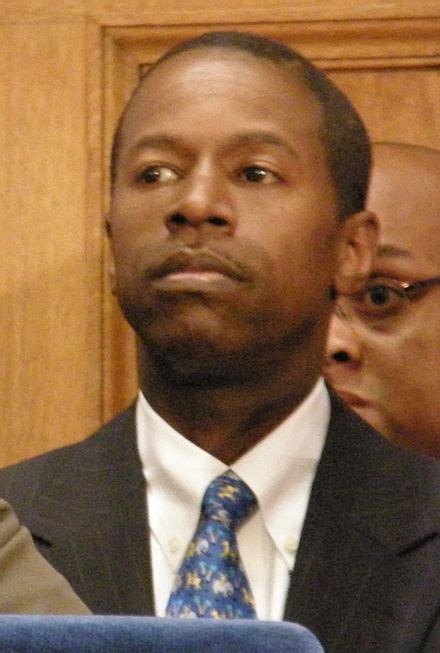A Quote by Chiwetel Ejiofor
In England, theres no acknowledgement the invention of slavery came from Britain.
Related Quotes
Next came the Patent laws. These began in England in 1624; and, in this country, with the adoption of our constitution. Before then [these?], any man might instantly use what another had invented; so that the inventor had no special advantage from his own invention. The patent system changed this; secured to the inventor, for a limited time, the exclusive use of his invention; and thereby added the fuel of interest to the fire of genius, in the discovery and production of new and useful things.
When I came to write my Thomas Cromwell books, I moved onto the center ground of English history, but I was never there before. I didn't feel it was my history particularly, coming from Northern Britain, being of Irish extraction, being a cradle Catholic. The image of England I grew up with felt somewhere else. There was an official England in postcards, but it wasn't one I had visited. But I decided to march onto the center ground and occupy it whether it was mine or not.
As for slavery, there is no need for me to speak of its bad aspects. The only thing requiring explanation is the good side of slavery. I do not mean indirect slavery, the slavery of proletariat; I mean direct slavery, the slavery of the Blacks in Surinam, in Brazil, in the southern regions of North America. Direct slavery is as much the pivot upon which our present-day industrialism turns as are machinery, credit, etc. … Slavery is therefore an economic category of paramount importance.



































